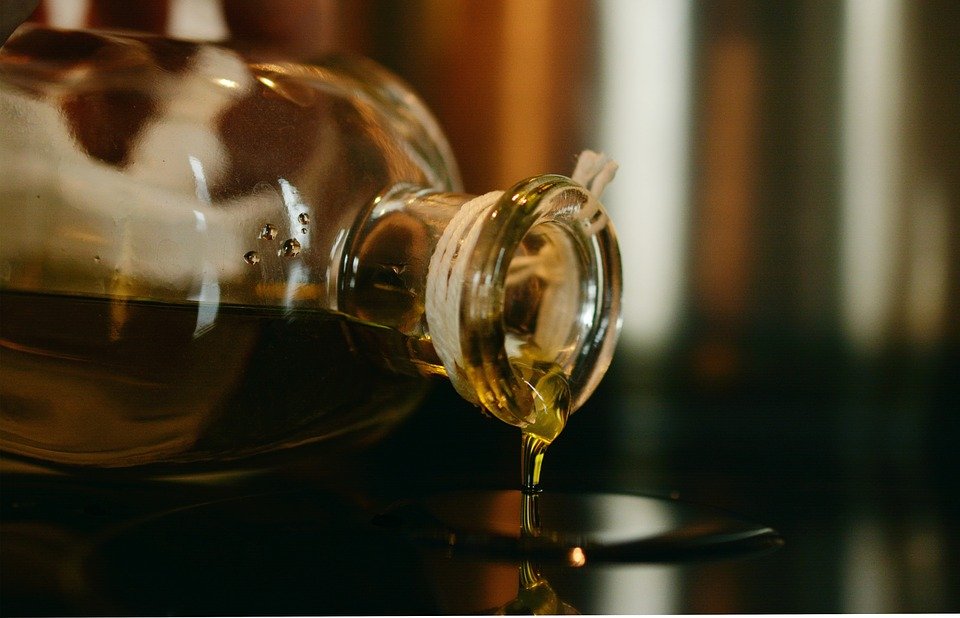Inside BENEO’s new pulse plant: pioneering sustainable protein from faba beans
In a bid to tackle malpractices such as adulteration of edible oils with cheaper substitutes and display of misleading health claims on product labels, the Food Safety and Standards Authority of India (FSSAI) has issued a draft notification specifying the standards for edible oils and their fatty acid compositions for determining authenticity.
Titled Food Safety and Standards (Food Product Standards and Food Additives) Amendment Regulation, 2017, the draft states that since the fatty acid composition is different for edible oil, the amendment will help to expose and curb two malpractices in the edible oil sector – (a) the adulteration of expensive oils with cheaper oils and (b) misleading label claims on the composition of blended oils, thereby to determine the authenticity of oils in case of adulteration and quantification of the proportion of oils used in blended oils.
Mukesh Sharma, executive director, Morarka Foundation, Rajasthan, and expert, FSSAI, explains that till the new notification by FSSAI, the manufacturers and marketers of oils and fats were not required to adhere to and label the different constituents. Thus, they were able to mask the real contents, and could sell only by making claims about healthy attributes without substantiating them.
Sharma added that the new law by FSSAI mandates that each and every component of oils and fats must adhere to the specifications as prescribed, and will also be known to consumers. This will prevent the companies from making false claims.
He also pointed out that additionally, many manufacturers and marketers have launched or introduced blends. Mostly these blends have a little quantity of good-quality healthy oil and a higher proportion of unhealthy oil. Earlier, they were getting away by merely claiming the healthy tag without giving a full description, but with the new law, they will need to declare and adhere to the specifications as per the scientific terms only.
Meanwhile, Pragya Gupta, assistant director, Mustard Research Promotion Consortium, New Delhi, stated that as we know, the human body is made up of millions of bioactive compounds and all the biological processes are interlinked and dependent on multiple processes, hence none of the compound is responsible for a disease, disorder, etc.
Gupta added that there is no need to mention any health claim on the label if it is scientifically not proven and published in reputed journals.Their view is that scientifically, none of the oil can be claimed as healthy oil as every oil has its different composition.
With regard to health claims, she stated that oils with low saturated fatty acids are good for health, but companies make misleading claims, such as they are a cure for diabetes and many more.
FSSAI has asked the stakeholders to give their comments on the subject within a month from the date of the notification. The said regulation has to come into force on the date of its final publication in the official gazette.

